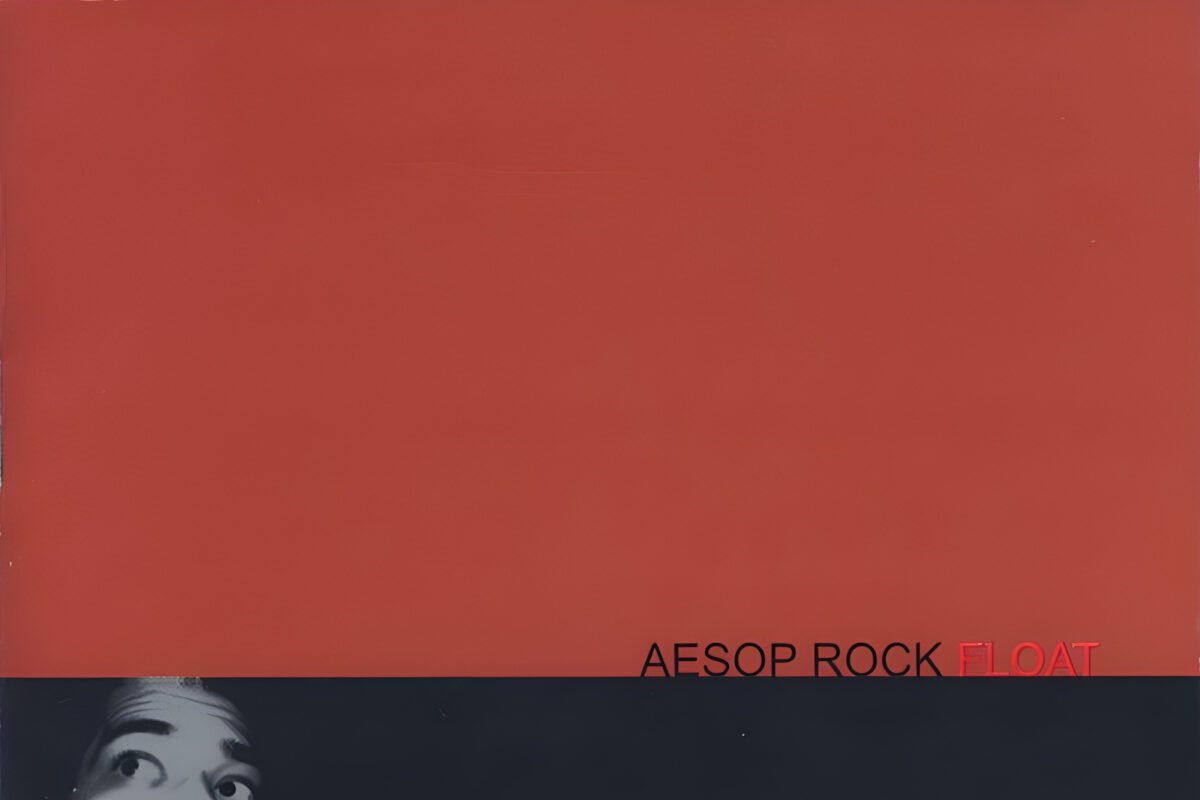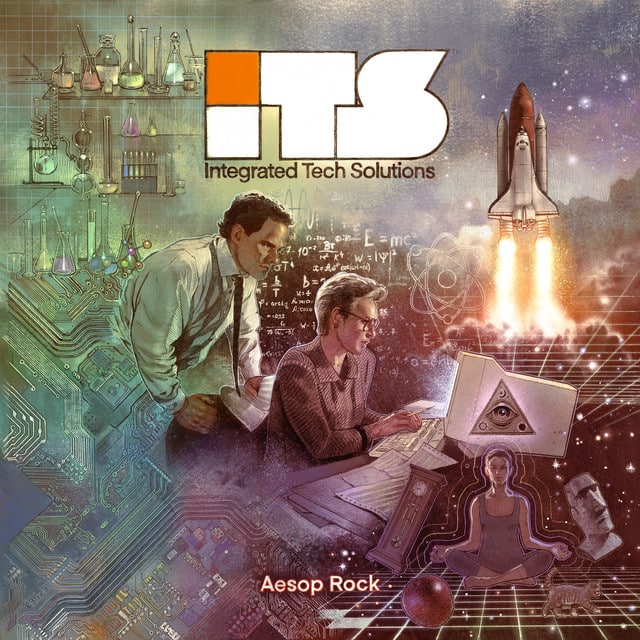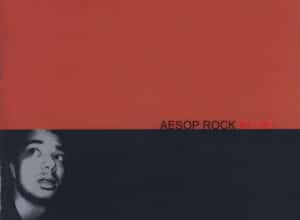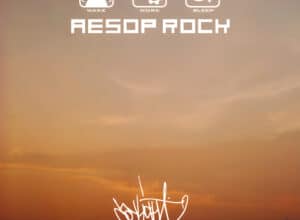Released: 2012
Aesop Rock’s “Basic Cable” paints a vivid picture of the omnipresence and influence of television in modern life, encapsulating the obsessive and somewhat dystopian relationship society has with this medium. With an intricate lyrical approach, the song explores themes of mindless consumption, propaganda, and the escape into the artificial reality that TV offers, wrapped up in the mesmerizing yet suffocating allure of technology.
The song opens with an introduction of the “pixelated god,” symbolizing the powerful, almost deity-like presence of television in contemporary culture. It critiques the passive consumption where the viewer’s will is surrendered, hinted by “a nasty network intervenes plan,” implying that people’s plans and decisions are easily swayed by what appears on the screen. The term “cable pirate” reflects an individual exploiting or addicted to this digital source.
In the subsequent lines, Aesop Rock illustrates the conception of television’s power and reach, being “born the bastard son of static radiance cloned to welcome in every home.” This line suggests how television is almost genetically implanted into society, adopted into the household’s routine. The “blue screen” references the eerie glow of a television screen, which creates “bruised dream canope,” indicating distorted realities nurtured under this influence.
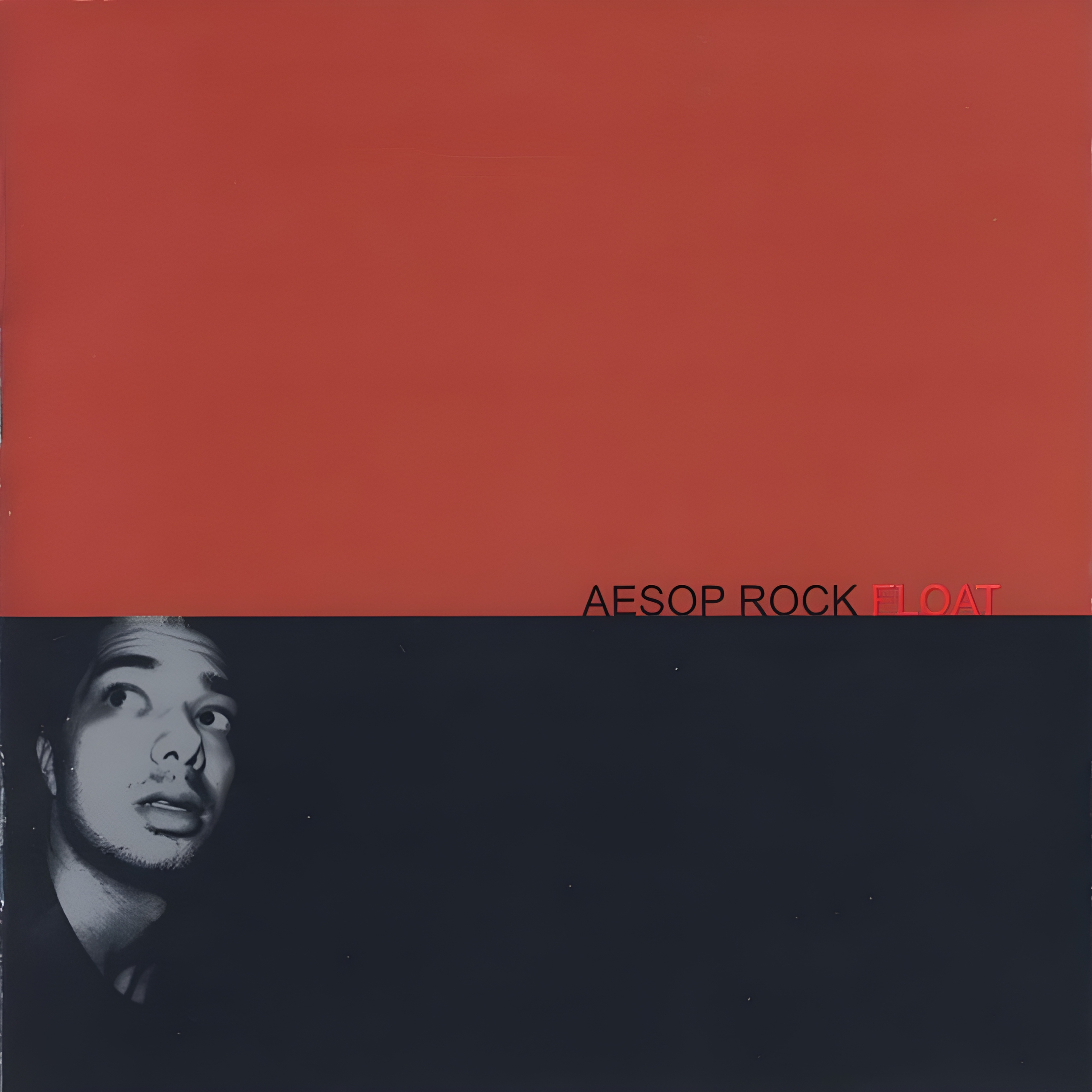
The artist critiques how commercials and televised narratives influence viewers, painting advertisements as insidious and intrusive: “spoon fed hazardous fog to joy luck catholic squad.” He highlights the irony of enjoying commercials, indicating an awareness of manipulation. There’s an appeal in the dependency—”please make me a zombie,” illustrating a yearning to surrender one’s agency to this comforting yet menacing constant in modern life.
Aesop Rock portrays television as both omnipotent and banal, offering hollow solace. By stating “the twenty first century plagued,” he suggests a society afflicted by the spectacle of media, capturing “wide eyed glamour addict patients.” The reference to propaganda is poignant; “blue be the propaganda banners,” conjures images of alluring but deceptive broadcasts.
In the chorus, the phrase “plug it in, turn it on,” encapsulates the passive consumption that pervades modern living. The artist describes television as a companion, even a parental figure—”be my mother when she’s gone,” evoking a reliance on television for emotional fulfillment. This emotional vacuum hints at a larger societal issue of isolation, where the warmth and attention a person might receive from family or community are instead found in the glowing box.
“Make me a star, I wanna touch gold,” delves into the viewer’s fantasies, showcasing aspirations manufactured by media representations. There’s a powerful visual in “suspended in a dream, merely inches from the screen,” suggesting closeness yet unattainability of those dreams. By “crucify my little future to the monitor,” Aesop Rock insinuates sacrificing real-world ambitions and creativity for fabricated illusions and quick fixes.
Throughout, Aesop Rock maintains a tone of both irony and lament, balancing love for television’s content with disdain for its dominance: “I love you, I despise you.” This duality is central, as TV acts as a friend, offering companionship and distraction, yet it’s a corrosive force, eroding critical thought and authentic experiences.
Further lines criticize society’s binge culture: “I bond with a sick string of correspondent / and lurking circuitry circus,” emphasizing addiction and routine escapism, suggesting an imprisonment within the “glass surface.” This could reflect Aesop Rock’s own conflict with his media consumption habits—”channel zero addict, immaculate,” a statement on being impeccably entranced yet desiring liberation.
The song concludes with “Plug it in, turn it on,” but notes the grim realization of its hypnotic grip—”your majesty, I love you, I despise you,” pointing to the cyclical dependency on television for a semblance of reality. It’s a bittersweet homage, critiquing yet revering the everyday role of television. Aesop Rock’s lyrics poignantly question how we allow ourselves to become subservient to our screens, reminding us of the complexity of modern life’s media addiction.
